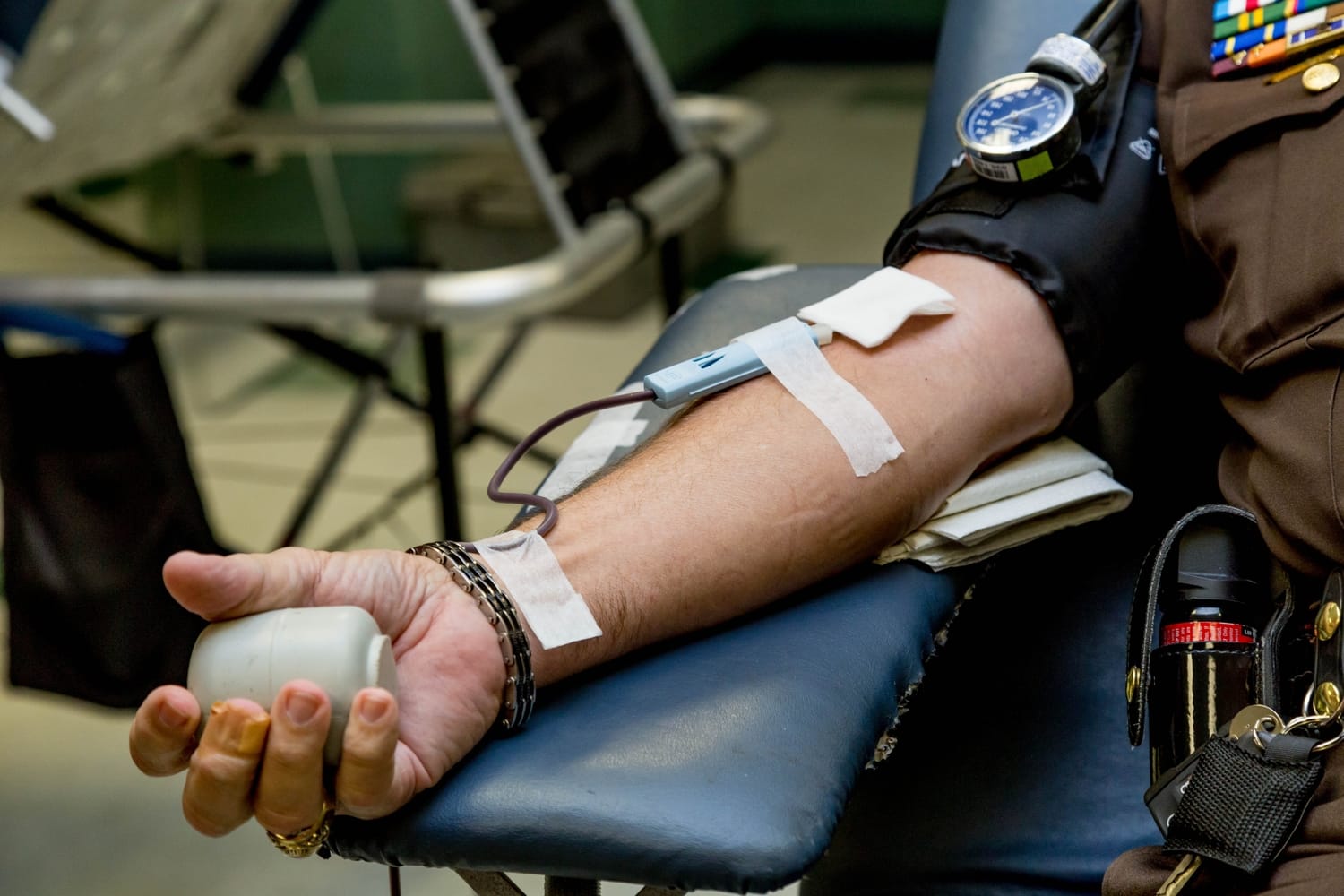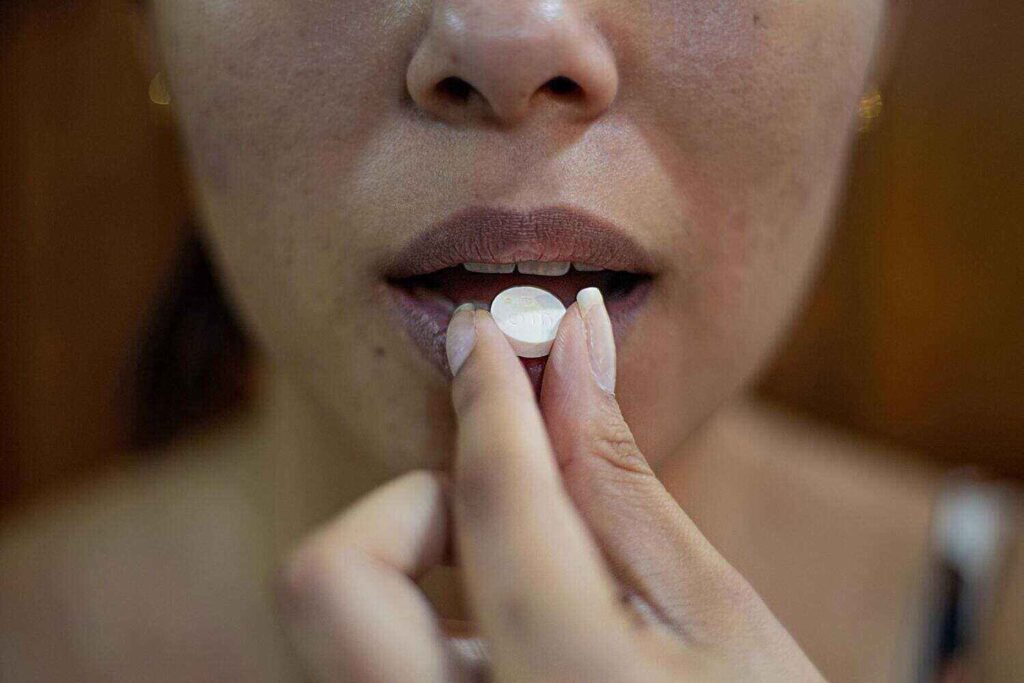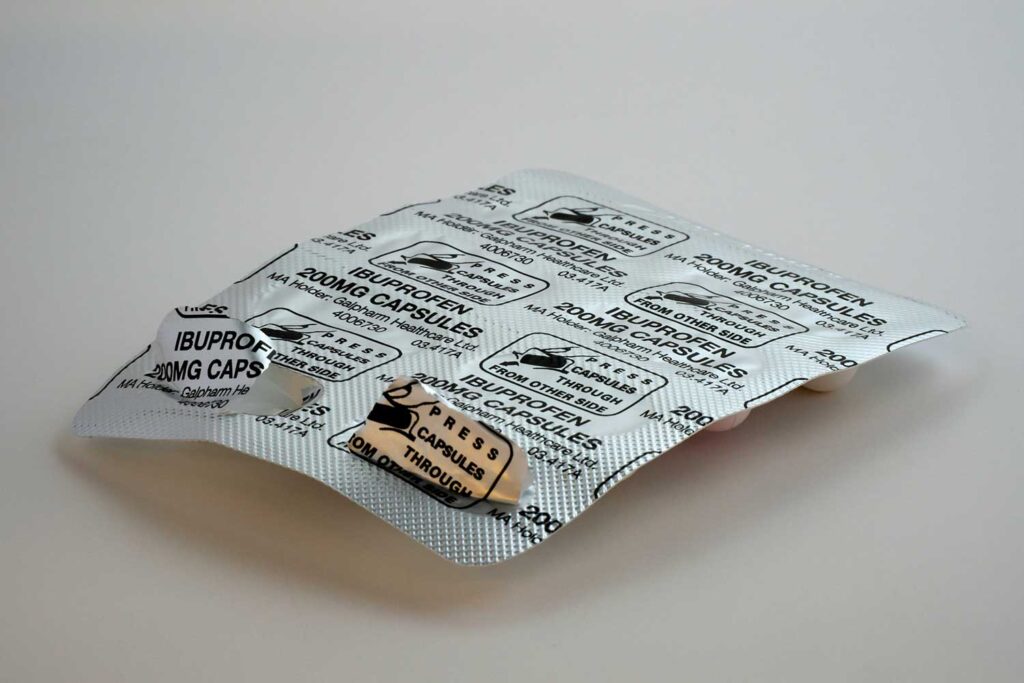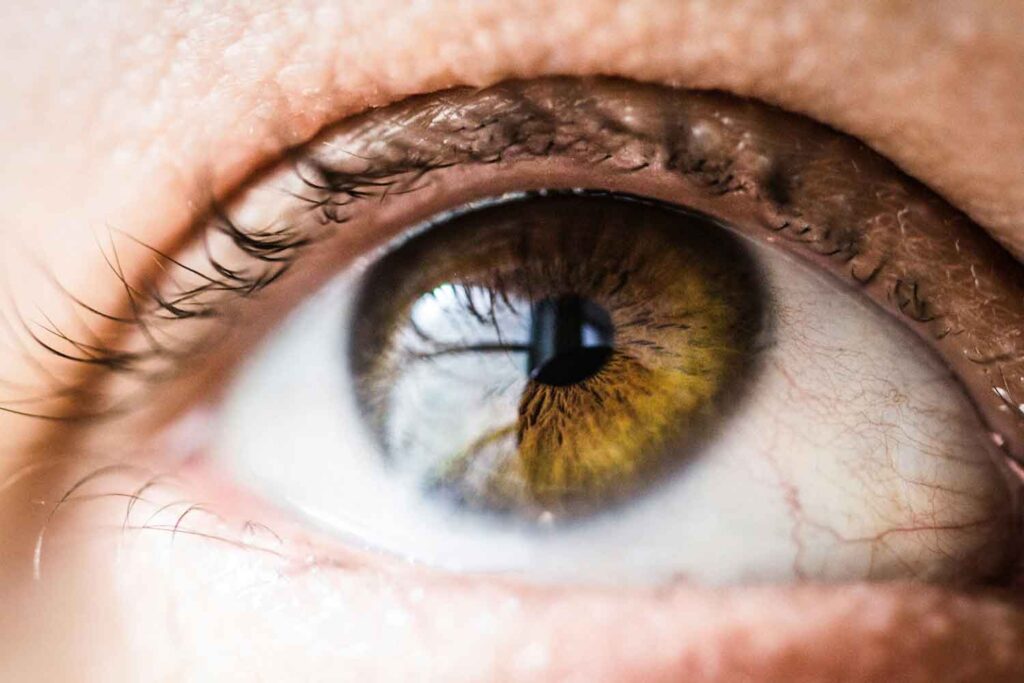Can You Donate Blood If You Smoke Weed?

According to Red Cross America, every 2 seconds somebody in The United States needs blood. Giving blood is important and saves many lives. Red Cross America says that blood donation from one person can save up to three lives. However, not everyone is eligible to donate blood. As a matter of fact, Red Cross America posits that only 38% of the US population can give blood. If you’ve always wanted to give blood but are a cannabis user, you may be wondering if you can donate blood. It’s a valid question, here’s the answer.
Jump to our visual story on “Can You Donate Blood If You Smoke Weed?” for a snapshot in under a minute.
Can I Donate Blood If I’ve Smoked Weed?
You absolutely can. According to Red Cross America, “The use of cannabis does not disqualify an individual from blood donation”. The organization goes on to say that they don’t test for THC in the blood and there is no set amount of time required between using marijuana and donating blood.
According to Healthline, while blood banks don’t test for THC, they test for your blood type and Rh type, as well as conditions such as HIV, human T-cell lymphotropic virus (HTLV), hepatitis B and C, syphilis, West Nile virus and Chagas disease.
In addition to that, the organization also makes it clear that heavy cannabis users and those who use more THC rich products such as waxes and dabs are still allowed to donate blood.
However, you may be turned away from the donation center or clinic if you are high. According to Red Cross America, “please do not present to donate if your use of cannabis is impairing your memory or comprehension.” According to DocMJ, the reason behind this is that you can’t legally consent to a medical procedure if you’re stoned.
What About Prescribed Synthetic Marijuana or K2 and Spice?
According to American Red Cross, whether or not the use of prescribed synthetic marijuana or recreational varieties such as K2 and Spice disqualifies a person from donating depends on the local donation center. The organization says, “The FDA does not have universal guidelines regarding synthetic marijuana (a.k.a “synthetic cannabinoid”) and leaves decisions about the acceptability of donations from these users up to local blood centers. This is because they are in the best position to know if disqualifying contaminants have been turning up in their areas.”
The American Red Cross said that if you have any questions about donating blood while using synthetic marijuana, you should contact the Red Cross Donor and Client Support Center at 1-866-236-3276.
What Disqualifies Me From Giving Blood?
While cannabis use doesn’t disqualify you from giving blood, many other things might. After all, most of the population isn’t allowed to give blood so there must be a long list of factors that disqualify people. The most basic factors are age and weight. Healthline noted that you should be at least 17 (some states allow donation at age 16 with permission) and at least 110 pounds.
People may also be disqualified based on certain diseases, intravenous drug use or even the use of certain medications.
Health Conditions Or Diseases
According to Healthline, the following health conditions or diseases could disqualify you from giving blood:
- HIV
- Hepatitis B and C
- Leukemia, lymphoma, or other cancers of the blood
- Ebola
- Inherited blood clotting disorder
- Being pregnant
- Giving birth within the past six weeks
- Acute infection the day before or on the day of the donation
- Feeling sick
- Heart attack or stroke less than six months ago
- Heart or lung conditions
According to Medical News Today, having a heart rate below 50 beats per minute (BPM) or above 100 BPM may disqualify you. In addition to that, having had a blood tranfusion yourself within the last year could pose a problem at the clinic.
Intravenous Drug Use
If you’ve injected any substances in your body, besides what was prescribed by a doctor, you may be ineligable to give blood. This includes illicit drugs or steroids. According to American Red Cross, “wait 3 months after using IV drugs that were not prescribed by a physician.”
Medication
According to Healthline, there are various medication that may disqualify you from giving blood for a while. The list includes:
- Acitretin
- blood thinners, such as warfarin (Coumadin, Jantoven and Heparin)
- dutasteride (Avodart, Jalyn)
- isotretinoin (Amnesteem, Claravis)
- teriflunomide (Aubagio)
It was noted that use of human pituitary-derived growth hormone and the psoriasis drug etretinate (Tegison), which are banned from the United States could prevent you from giving blood permanently.
Travel History
According to Healthline, going to countries where there is malaria or the variant Creutzfeldt-Jakob disease (vCJD) otherwise known as mad cow disease may prevent you from donating blood for a period of time.
Other Reasons
Healthline says that if you’re a man who has had any sexual contact with another man within the past year that may disqualify you from giving blood. In additon to that, receiving a tattoo or piercing could also make you ineligable. There is a very long list of the eligibility criteria you can access here.
What Are the Benefits of Donating Blood?
Blood transfusions are essential for saving the lives of people with sickle cell anemia, cancer patients and car accident victims. Besides saving lives, donating blood can have a variety of benefits.
According to Mental Health Foundation, the very act of doing something for someone else can:
- reduce stress
- improve emotional wellbeing
- benefit physical health
- bring a sense of belonging and reduce isolation
- get rid of negative feelings
According to Healthline, the following reasons are benefits of donating blood:
- Free temperature, haemoglobin levels, pulse and blood pressure checks.
- Your blood is screened for several diseases such as HIV, syphillis and hepatitis B and C.
- May reduce the risk of heart attack by lowering iron stores according to 2013 study.
Side Effects of Donating Blood
While Healthline noted that blood donations are safe for healthy adults, minor side effects such as lightheadedness, nausea and dizziness may occur a few minutes after your donation. If these symptoms persist after a meal or you have a raised bump or continue bleeding at the needle site after donation blood, call the donation center. Healthline also suggests calling the donation center if there is pain, tingling or numbness in the arm the blood was taken from.
In addition to that, Healthline also referenced a small 2017 study that appears to link blood donations to heart disease.
How Do I Prepare to Give Blood?
According to Mayo Clinic, you should do the following before your blood donation:
- Get a good night’s rest.
- Eat a healthy meal and avoid fatty foods.
- Drink an extra 16 oz of water
- No aspirin for two days before you donate platelets.
Conclusion
Giving blood is important and blood banks depend on frequent donations to help those who may need it. Using cannabis, natural cannabis at least, will not disqualify you from giving blood. The only thing you need to worry about is showing up to the clinic high. In that case, they’re likely to turn you away. Other than that, if you plan on giving blood, it’s a good idea to be aware of whether or not you qualify and calling the clinic you plan to go if you have any questions.












